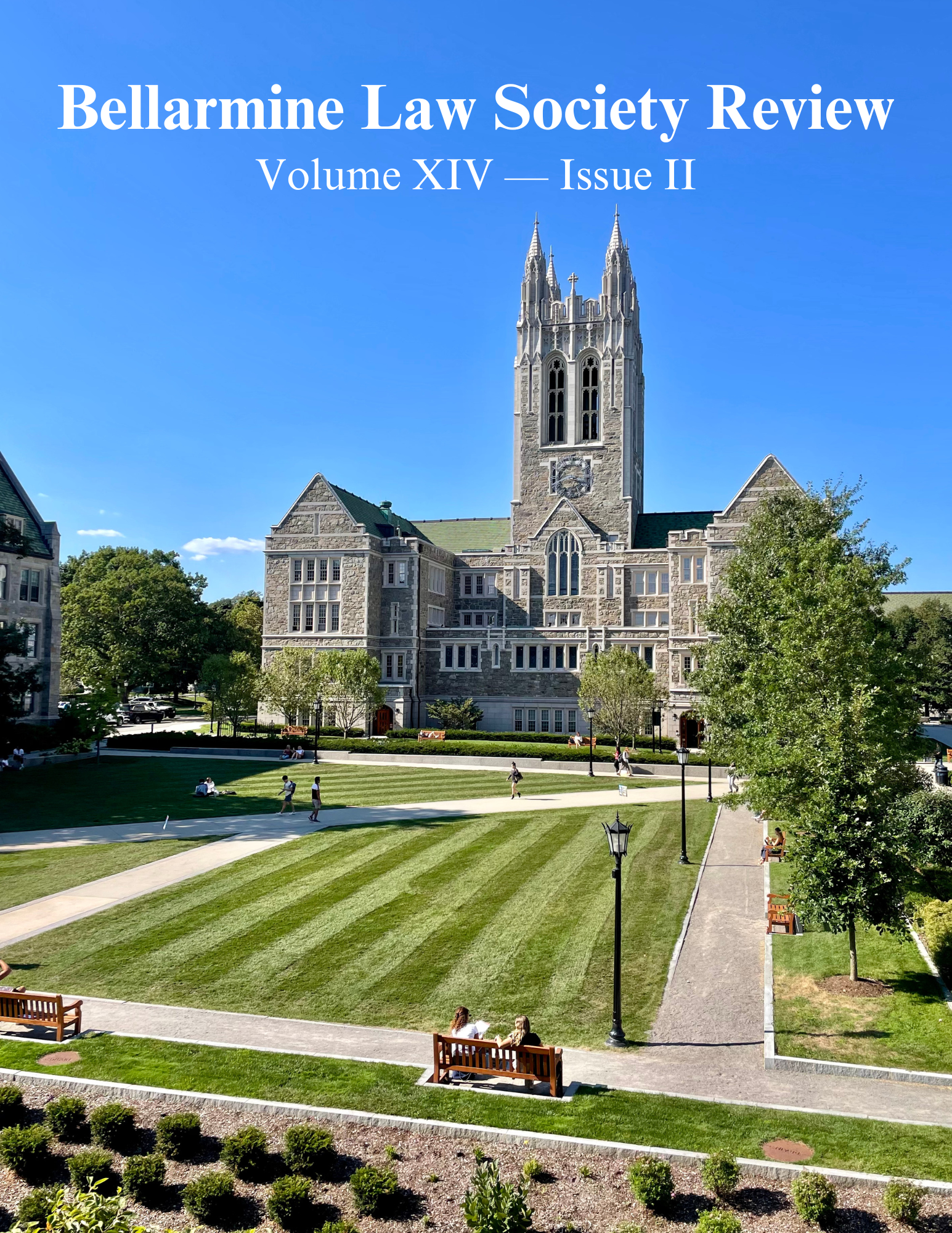Unconstitutional Constitutional Amendments
Is the Application of this Doctrine Always Justified?
Keywords:
Unconstitutional Constitutional Amendments, Constitutional law, legal philosophy, Judicial Review, Popular Sovereignty, Constituient Power, Constituted Power, Constitutional CourtsAbstract
The question of who and by what can amend a constitution has been widely discussed by scholars around the world. In this debate, the doctrine of unconstitutional constitutional amendments has gained particular relevance in recent years. To understand its argument, this paper begins by examining the theories of sovereignty, constituent power, and Carl Schmitt's constitutional laws doctrine. Thereafter, the contemporary argument for the doctrine will be reconstructed, followed by the proposal of two criteria—one legal and one historical-political—to determine in which cases it is worthwhile to apply the doctrine of unconstitutional constitutional amendments in a particular country. Finally, it will be concluded that despite potential criticisms and challenges, this doctrine plays a crucial role in protecting the integrity of constitutions and safeguarding democratic principles when it applies.
Published
How to Cite
Issue
Section
License
Copyright (c) 2024 Pablo Galindo Lema

This work is licensed under a Creative Commons Attribution-NonCommercial 4.0 International License.
Please follow the link for further Copyright and License Information.


